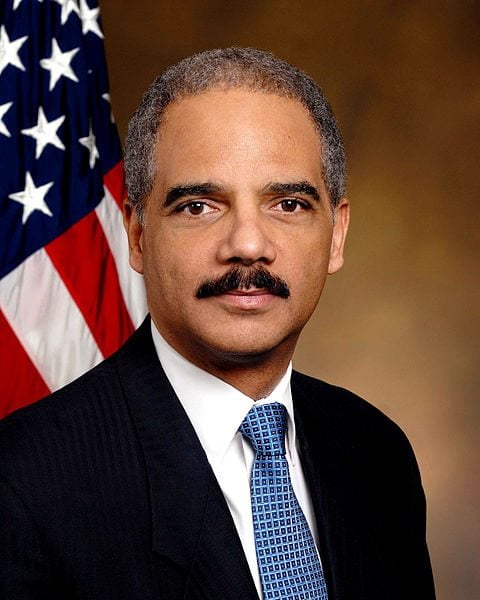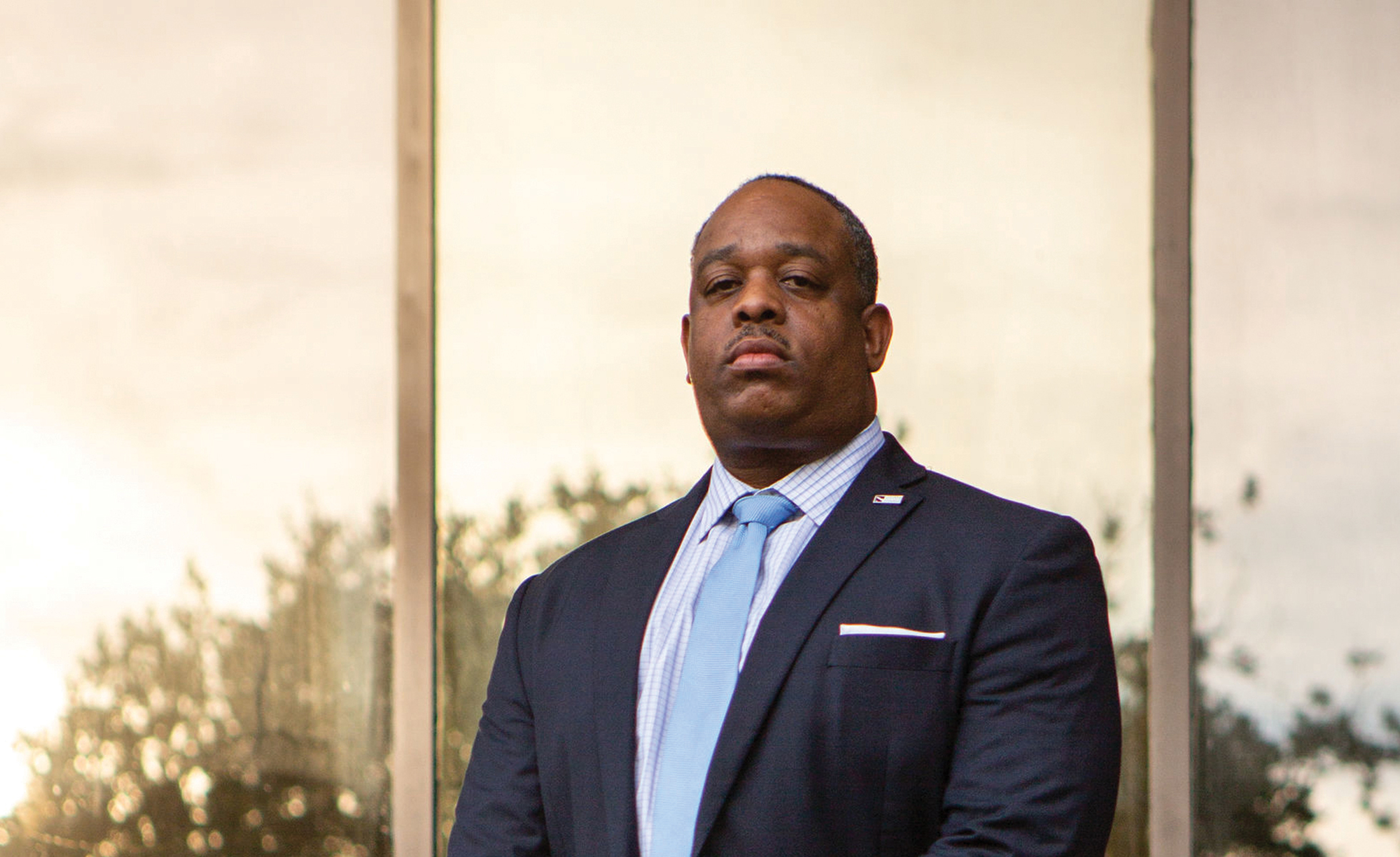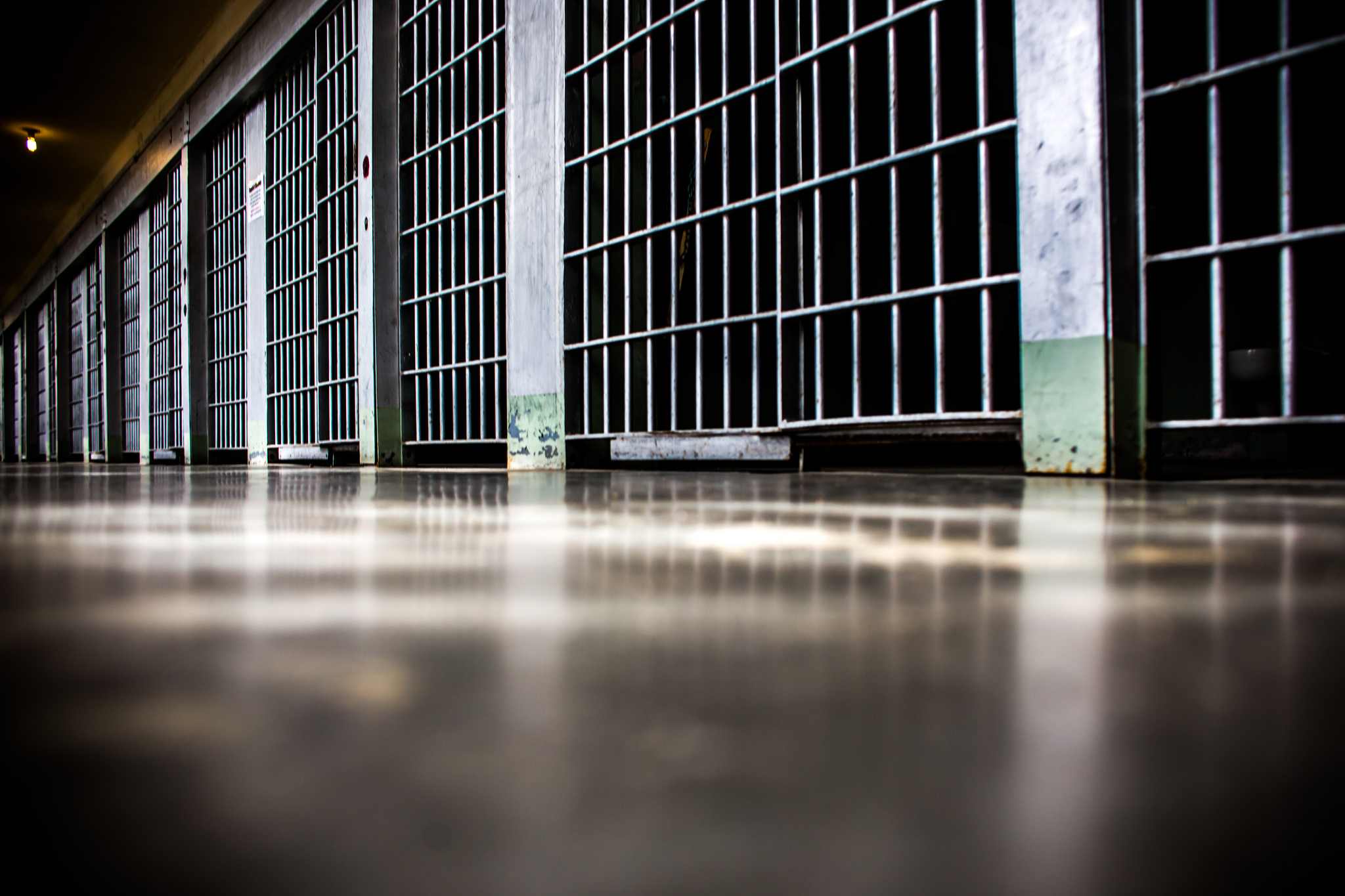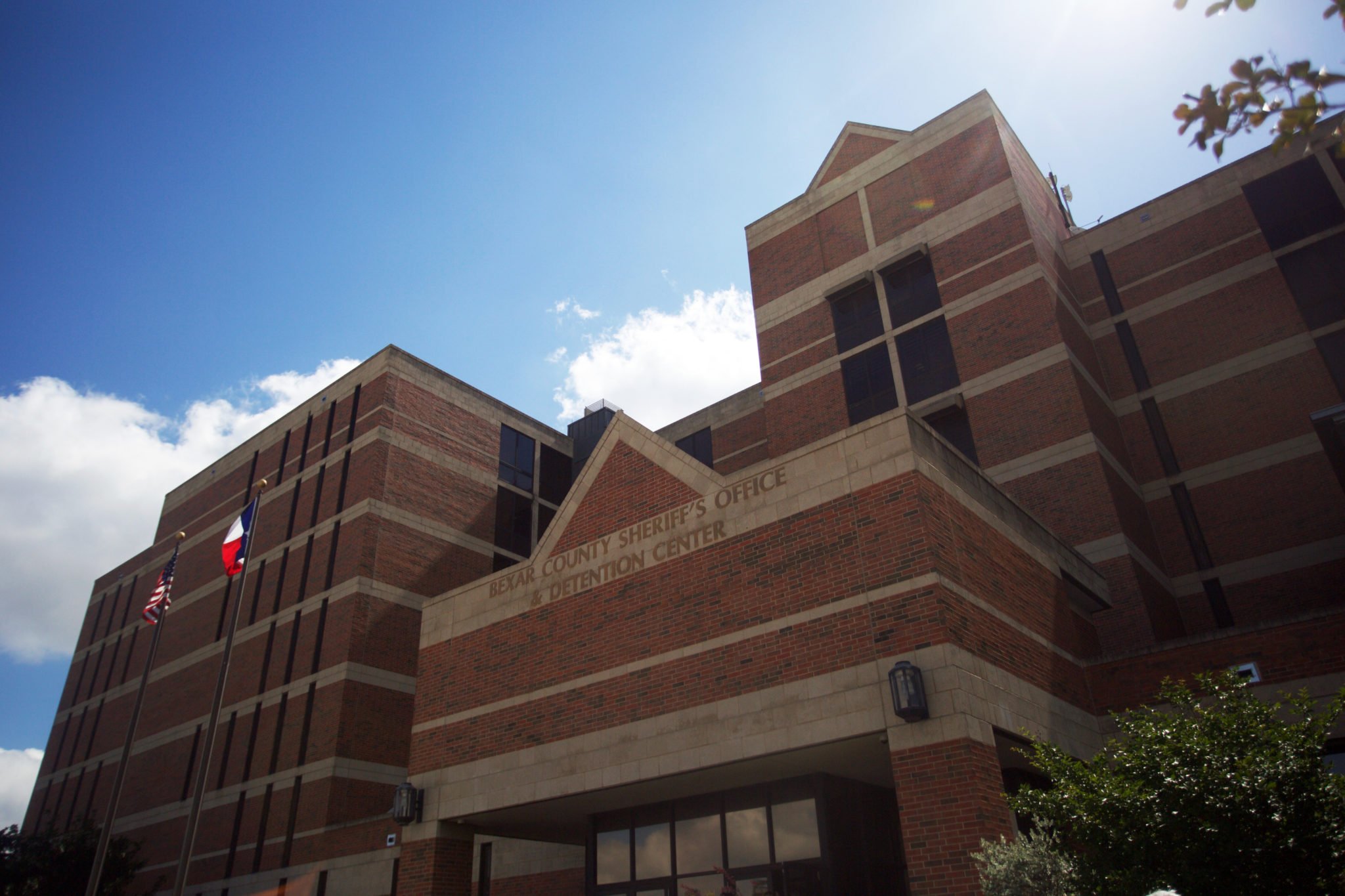
Public Defender: Prison Reform Must Include Undocumented Immigrants
Above: U.S. Attorney General Eric Holder
On August 12th, U.S. Attorney General Eric Holder announced that “too many Americans go to too many prisons for far too long, and for no truly good law enforcement reason.” The speech has garnered lots of coverage—mostly positive—but there is one word in that oft-quoted sentence that has not received the proper attention: “Americans.”
The Department of Justice, under Eric Holder, has imprisoned record numbers of undocumented immigrants. But they were nowhere to be found in Holder’s speech. People convicted of immigration crimes make up nearly 12 percent of the federal prison population. The vast majority of those prisoners have been convicted of what is known as a status offense: being in the United States illegally after deportation. Their crime is returning to the United States, usually to work or be with family, after the federal government has deported them. An effort to shrink the federal prison population should include those whose crime is, in essence, international trespass by reducing their sentences, releasing them, or not charging them in the first place.
The numbers are staggering. The feds brought 81,496 immigration cases between September 2011 and August 2012. It looks as if the numbers have increased significantly since then, with one projection forecasting more than 100,000 immigration prosecutions this year. According to Human Rights Watch, the number of immigration prosecutions increased more than 650 percent between 2002 and 2012. More than half of the federal criminal cases brought this year will likely be immigration cases.
Although immigrants didn’t merit a mention in Holder’s speech, the same reasons he gave for rethinking drug prosecutions apply to immigration prosecutions: They cost too much, the crime rate is declining and there is a growing realization of the questionable morality of jailing people for non-violent crimes. The federal government spends $1 billion per year on jailing immigration defendants, according to Grassroots Leadership, a non-profit dedicated to fighting private prisons. As Sam Sparks, a federal district judge in Austin stated, the cost of immigration prosecutions, in which the immigrant doesn’t have a significant criminal record, is “simply mind boggling.” Those jail costs alone could fully fund the U.S. court system, which saw its budget cut by $350 million dollars in fiscal year 2013 due to the sequester.
Crime rates have been steadily declining in America, requiring a rethinking of drug prosecutions. So too with immigration. Mexican nationals comprise an estimated 58 percent of undocumented immigrants in the United States. But between 2007 and 2011, the number of undocumented Mexicans living in the U.S. actually decreased. And between 2002 and 2012 apprehensions at the border fell by more than half. As law enforcement officials and even judges have noted, the increasing focus on immigration cases has diverted resources from more serious crimes. So why was Holder silent on immigration prosecutions?
We need to think about the human cost of incarcerating thousands of immigrants. Although many of my clients have indeed made mistakes in this country—some serious, some not—they also support their parents, spouses and children, emotionally and financially. The unprecedented incarceration of immigrants has moral and social costs to society. Texas has been the staging ground for the prosecutions that have led to the increase in the immigrant prison population (increasingly in for-profit prisons). Over the past five years, the Southern and Western Districts of Texas, which together cover our state’s entire border with Mexico, have vied for first and second place in the race to lock up the most immigrants. Although the federal government picks up the tab and many border crossers caught in Mexico may have been bound for other states, many residents of Texas have had their fathers, mothers, children or siblings detained, prosecuted and deported.
It’s also important to note that much like the War on Drugs deterring immigrants by locking them up is a failed policy. Jail doesn’t deter people from coming back to be with their families. And, as Human Rights Watch has noted, economic immigration rises and falls based on economic circumstances, not on putting an ever-larger, but still limited number of the 11 million undocumented immigrants in prison.
Maybe Holder didn’t mention immigrants in his speech because his boss is still holding out hope that the comprehensive immigration reform bill (which includes billions of dollars for increased immigration enforcement) will become law. Maybe he genuinely sees unauthorized immigration as a more serious offense than “low-level” drug transportation and sales. But whatever the reasons for Holder’s silence on one of the most-criticized aspects of our federal criminal justice system, any real conversation about reducing the prison population needs to include more than just “Americans.”
David Peterson is an assistant federal public defender in Austin.


